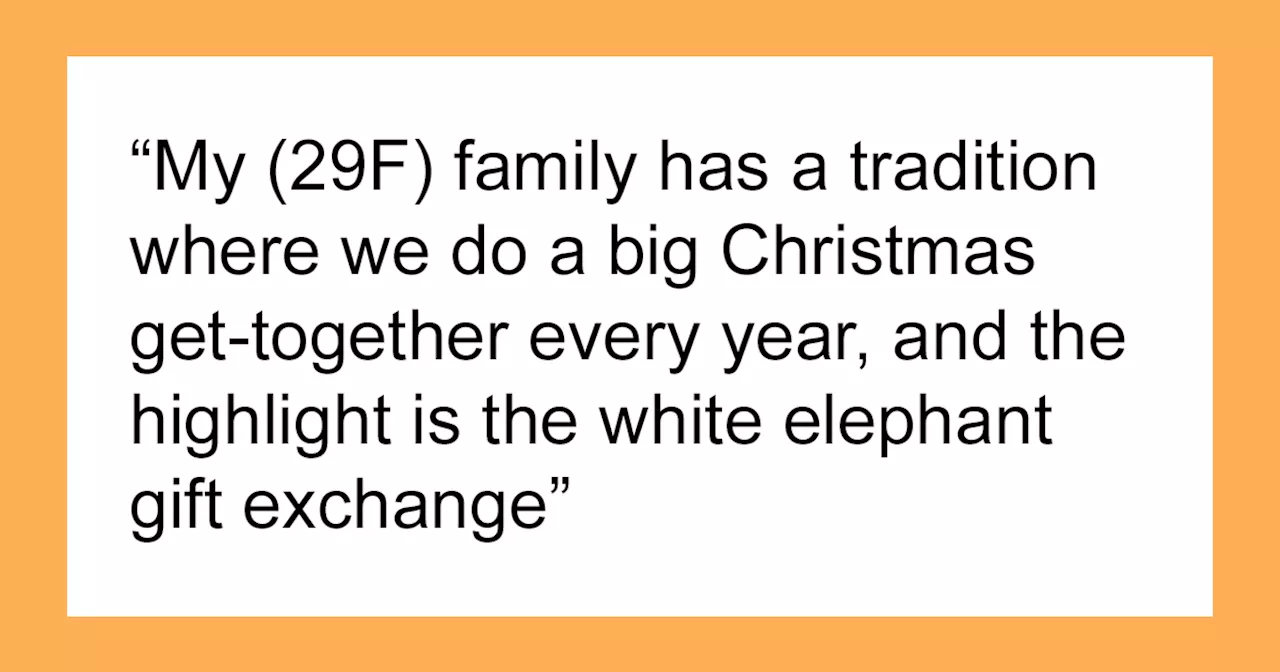A recent Gallup poll highlights the growing disparity in holiday spending between higher and lower-income American families. Experts discuss the social pressures surrounding gift giving and offer advice on how to balance belonging with financial well-being.
However, data from a recent Gallup poll also shows that higher-income American families tend to spend a whopping $1,578 on gifts this year.
It’s never a good feeling when someone pressures you to conform… especially financially. In some social situations, you can feel left out if you don’t spend as much money as everyone else on gifts, don’t order the same food, don’t dress the same, etc.Human beings are social animals, so it’s only natural for everyone to want to fit in. But there’s a balance to these things. Sometimes, conformity can lead to connection; other times, it can come at the cost of your authentic self or your wallet.
Ideally, you want to feel relaxed around the folks you love. You want to be honest and vulnerable, not someone who has to pretend just to fit in. In this particular case, it’s possible to attend the familyYou could tell everyone upfront that you’re sorry you won’t be able to participate, but it’s too expensive for you. You can be polite and friendly while also being to the point.
The white elephant gift exchange is supposed to be fun, not a financial burden! Hopefully, this is all an opportunity for your relatives to remember this.a gift , they all place it in one spot, and everyone takes turns picking something from the ‘pool’ and unwrapping it or picking a gift that someone else has already picked out. The ‘stealing’ bit is a core part of this gift exchange.
Income Inequality Gift Giving Social Pressure Consumerism Financial Well-Being
Canada Latest News, Canada Headlines
Similar News:You can also read news stories similar to this one that we have collected from other news sources.
 Co-Parenting: Benefits, Challenges, and Navigating New RelationshipsThis article explores the concept of co-parenting, highlighting its advantages and the difficulties parents may encounter. It emphasizes the importance of communication, compromise, and prioritizing children's needs while navigating the complexities of blended families.
Co-Parenting: Benefits, Challenges, and Navigating New RelationshipsThis article explores the concept of co-parenting, highlighting its advantages and the difficulties parents may encounter. It emphasizes the importance of communication, compromise, and prioritizing children's needs while navigating the complexities of blended families.
Read more »
 Navigating Negative Workplace AttitudesThis article discusses the impact of negative attitudes in the workplace and provides strategies for managing them effectively. It highlights the benefits of a positive work environment and the downsides of dealing with toxic coworkers.
Navigating Negative Workplace AttitudesThis article discusses the impact of negative attitudes in the workplace and provides strategies for managing them effectively. It highlights the benefits of a positive work environment and the downsides of dealing with toxic coworkers.
Read more »
 Navigating Toxic Coworker RelationshipsThis article explores the impact of negative attitudes in the workplace and provides strategies for managing difficult coworker relationships. It highlights the importance of staying calm, setting boundaries, and seeking support when needed. The article also discusses the benefits of positive coworker relationships and the detrimental effects of toxic ones.
Navigating Toxic Coworker RelationshipsThis article explores the impact of negative attitudes in the workplace and provides strategies for managing difficult coworker relationships. It highlights the importance of staying calm, setting boundaries, and seeking support when needed. The article also discusses the benefits of positive coworker relationships and the detrimental effects of toxic ones.
Read more »
 The Impact of Workplace Attitudes: Navigating Negativity and Cultivating PositivityThis article explores the detrimental effects of negative attitudes in the workplace and offers strategies for managing them. It also highlights the benefits of positive coworkers and emphasizes the importance of fostering a supportive and collaborative work environment.
The Impact of Workplace Attitudes: Navigating Negativity and Cultivating PositivityThis article explores the detrimental effects of negative attitudes in the workplace and offers strategies for managing them. It also highlights the benefits of positive coworkers and emphasizes the importance of fostering a supportive and collaborative work environment.
Read more »
 Navigating the Complexities of Blended Family DynamicsThis article explores the unique challenges faced by stepfamilies, emphasizing the importance of clear roles, respectful boundaries, and avoiding interference in co-parenting arrangements. Experts offer advice on building healthy relationships with stepchildren and navigating the complexities of blended family dynamics.
Navigating the Complexities of Blended Family DynamicsThis article explores the unique challenges faced by stepfamilies, emphasizing the importance of clear roles, respectful boundaries, and avoiding interference in co-parenting arrangements. Experts offer advice on building healthy relationships with stepchildren and navigating the complexities of blended family dynamics.
Read more »
 Navigating the Complexities of Stepfamily RelationshipsThis article explores the unique challenges and dynamics within blended families, emphasizing the importance of clear roles, respectful communication, and understanding between all parties involved.
Navigating the Complexities of Stepfamily RelationshipsThis article explores the unique challenges and dynamics within blended families, emphasizing the importance of clear roles, respectful communication, and understanding between all parties involved.
Read more »
